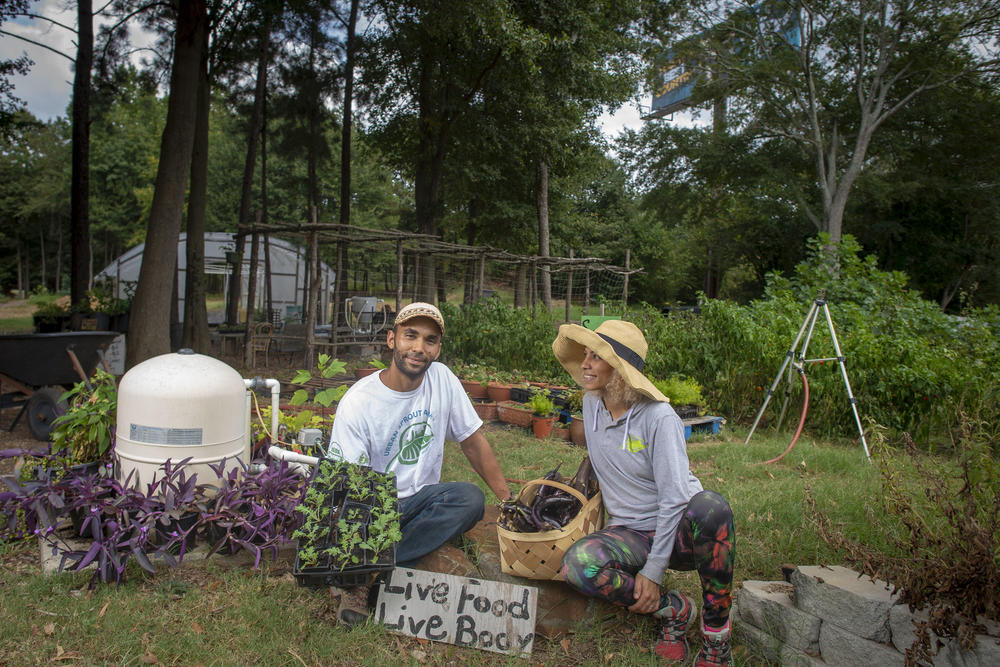
Caption
Nuri and Sofia Icgoren operate an organic farm in Atlanta. New federal funding is being made available to Georgia farmers in the process of transitioning to organic crop production and seeking USDA-certified organic status.
Credit: U.S. Department of Agriculture

